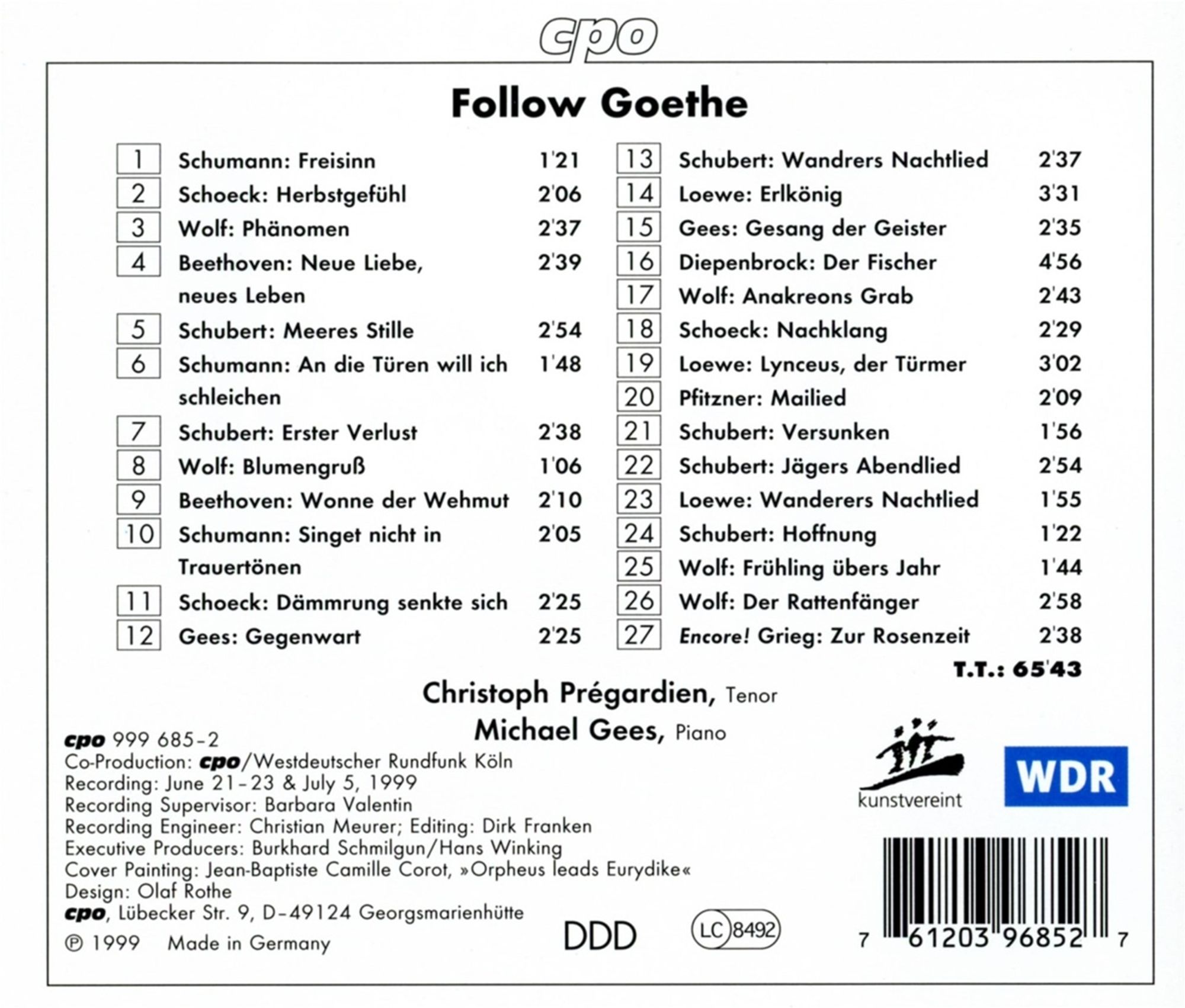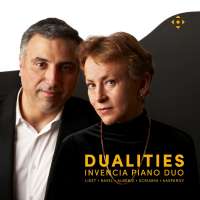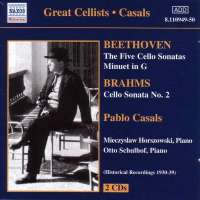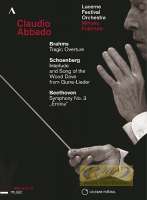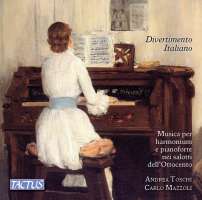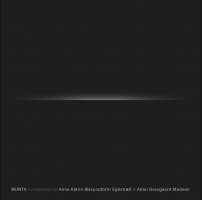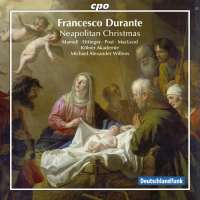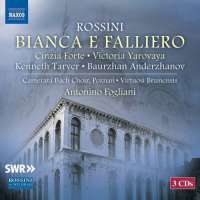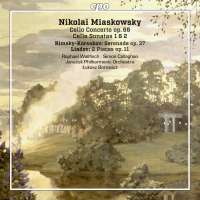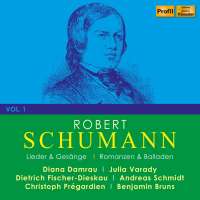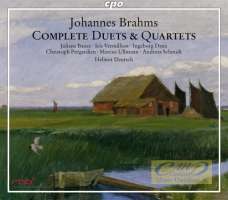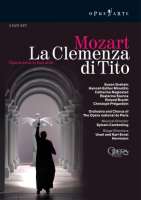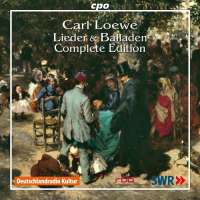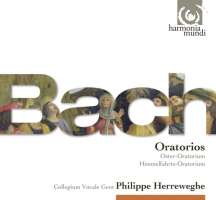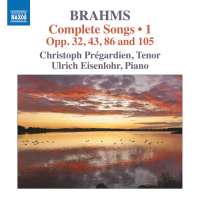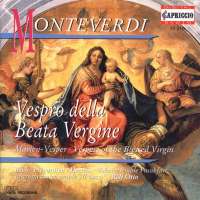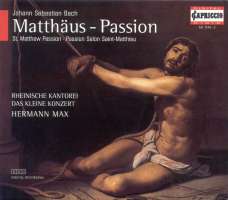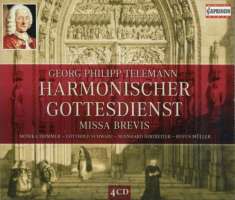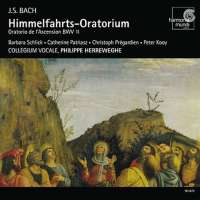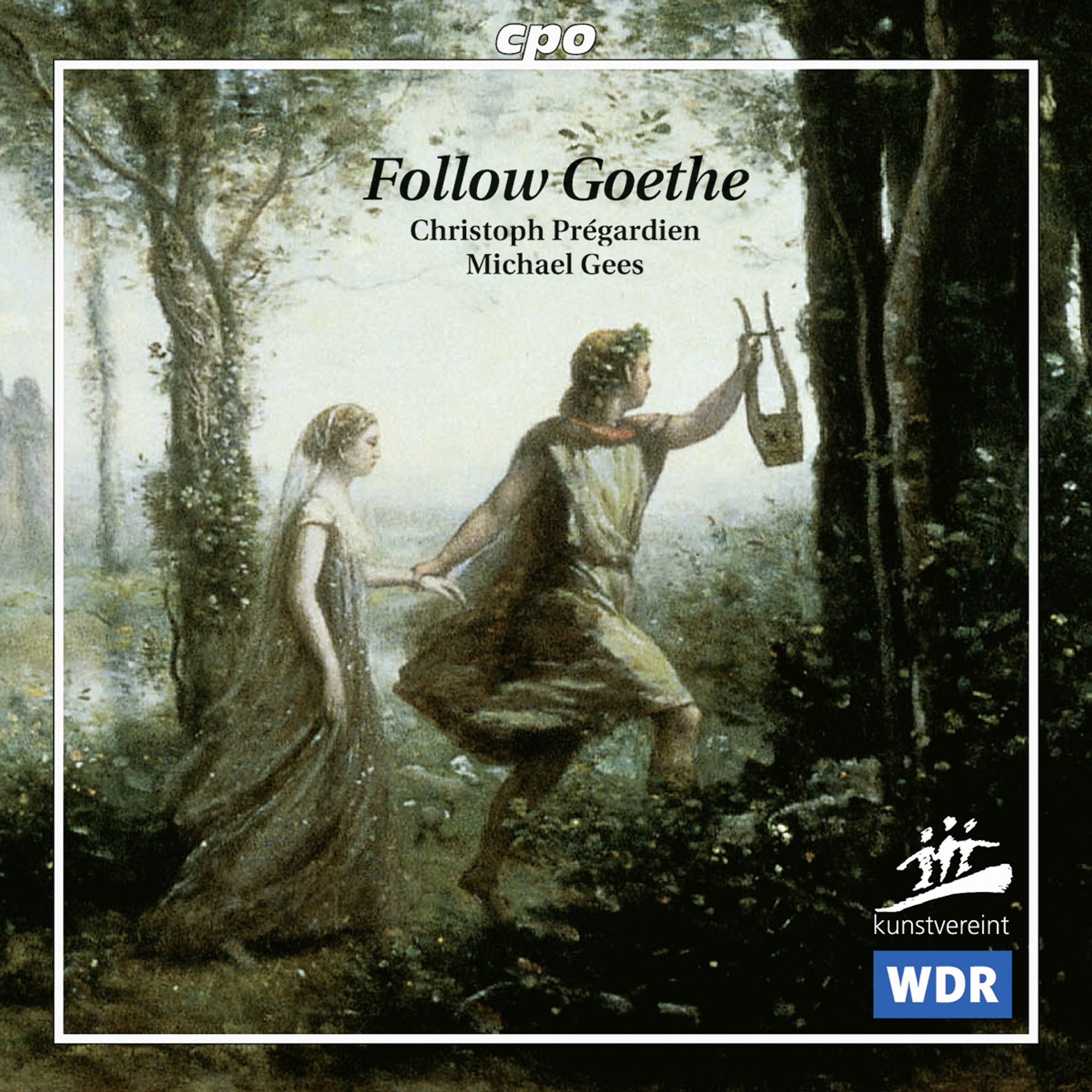
tytuł
FOLLOW GOETHE
wykonawcy
Pregardien, Christoph;
Gees, Michael
Gees, Michael
nr katalogowy
CPO 999685
opis
Hardly any other ruling dynasty has produced potentates who compose at such a high level as the House of Habsburg - no wonder, really, since they presided over what is perhaps the most musical country in the world: Austria. The beginning was made by Emperor Ferdinand III (1608-1657). Through his teacher Giovanni Valentini he was familiarized above all with the Italian music of his time, and with musicians such as Monteverdi he was on friendly collegial terms.
•Beethoven: Neue Liebe, Neues Leben, Op. 75, 2
•Beethoven: Songs (3) , Op. 83
•Beethoven: Wonne der Wehmut, Op. 83 No. 1
•Diepenbrock: Der Fischer
•Gees: Gegenwart
•Gees: Gesang der Geister über den Wassern
•Grieg: Seks Sange, Op. 48
•Grieg: Zur Rosenzeit (No. 5 from Seks Sange, Op. 48)
•Loewe, C: 3 Balladen, Op. 1
•Loewe, C: Der Erlkönig, Op. 1 No. 3 (Goethe)
•Loewe, C: Lynceus der Turmer, auf Fausts Sternwarte singend, Op. 9, H.VIII, 3
•Loewe, C: Wandrers Nachlied, Op. 9 No. 3a
•Pfitzner: Lieder (5), Op. 26
•Pfitzner: Mailied, Op. 26 No. 5
•Schoeck: Dämmrung senkte sich von oben, Op. 19 No. 2
•Schoeck: Herbstgefühl, Op. 19a No. 1
•Schoeck: Nachklang, Op. 19b No. 1
•Schubert: Erster Verlust, D226 (Goethe)
•Schubert: Hoffnung, D295
•Schubert: Jägers Abendlied, Second Setting, D368
•Schubert: Meeres Stille, D216, Op. 3 No. 2 (Goethe)
•Schubert: Versunken D715 (Goethe)
•Schubert: Wandrers Nachtlied II 'Über allen Gipfeln ist Ruh', D768
•Schumann: An die Türen will ich schleichen, Op. 98a No. 8
•Schumann: Freisinn, Op. 25 No. 2
•Schumann: Lieder und Gesänge aus Goethes Wilhelm Meister, Op. 98a
•Schumann: Myrthen, Op. 25
•Schumann: Singet nicht In Trauertönen Op. 98a No. 7 (Johann Wolfgang von Goethe)
•Wolf, H: Anakreons Grab (No. 29 from Goethe-Lieder)
•Wolf, H: Blumengruss (No. 24 from Goethe-Lieder)
•Wolf, H: Der Rattenfänger (No. 11 from Goethe-Lieder)
•Wolf, H: Frühling übers Jahr (No. 28 from Goethe-Lieder)
•Wolf, H: Goethe-Lieder
•Wolf, H: Phänomen (No. 32 from Goethe-Lieder)
Even during his lifetime he was praised as an outstanding musician. His son Leopold I (1640-1705) continued the tradition of his father. He was a pupil of Bertali and mastered several instruments in addition to the harpsichord. He was probably the most productive and versatile of the composing emperors. 69 compositions by him have been preserved. His son in turn was Joseph I (1678-1711), whose great musical talent is already attested to by appointed contemporaries. Unfortunately, only relatively few works by him have survived, which are stylistically already under the influence of Alessandro Scarlatti. In our series "Musica Imperialis" Martin Haselböck has now documented a wonderful selection from the imperial oeuvre with his Vienna Academy and soloists such as Linda Perillo, Jörg Waschinski, David Cordier and Henning Voss.
Works:
•Beethoven: Lieder (6), Op. 75
•Beethoven: Neue Liebe, Neues Leben, Op. 75, 2
•Beethoven: Songs (3) , Op. 83
•Beethoven: Wonne der Wehmut, Op. 83 No. 1
•Diepenbrock: Der Fischer
•Gees: Gegenwart
•Gees: Gesang der Geister über den Wassern
•Grieg: Seks Sange, Op. 48
•Grieg: Zur Rosenzeit (No. 5 from Seks Sange, Op. 48)
•Loewe, C: 3 Balladen, Op. 1
•Loewe, C: Der Erlkönig, Op. 1 No. 3 (Goethe)
•Loewe, C: Lynceus der Turmer, auf Fausts Sternwarte singend, Op. 9, H.VIII, 3
•Loewe, C: Wandrers Nachlied, Op. 9 No. 3a
•Pfitzner: Lieder (5), Op. 26
•Pfitzner: Mailied, Op. 26 No. 5
•Schoeck: Dämmrung senkte sich von oben, Op. 19 No. 2
•Schoeck: Herbstgefühl, Op. 19a No. 1
•Schoeck: Nachklang, Op. 19b No. 1
•Schubert: Erster Verlust, D226 (Goethe)
•Schubert: Hoffnung, D295
•Schubert: Jägers Abendlied, Second Setting, D368
•Schubert: Meeres Stille, D216, Op. 3 No. 2 (Goethe)
•Schubert: Versunken D715 (Goethe)
•Schubert: Wandrers Nachtlied II 'Über allen Gipfeln ist Ruh', D768
•Schumann: An die Türen will ich schleichen, Op. 98a No. 8
•Schumann: Freisinn, Op. 25 No. 2
•Schumann: Lieder und Gesänge aus Goethes Wilhelm Meister, Op. 98a
•Schumann: Myrthen, Op. 25
•Schumann: Singet nicht In Trauertönen Op. 98a No. 7 (Johann Wolfgang von Goethe)
•Wolf, H: Anakreons Grab (No. 29 from Goethe-Lieder)
•Wolf, H: Blumengruss (No. 24 from Goethe-Lieder)
•Wolf, H: Der Rattenfänger (No. 11 from Goethe-Lieder)
•Wolf, H: Frühling übers Jahr (No. 28 from Goethe-Lieder)
•Wolf, H: Goethe-Lieder
•Wolf, H: Phänomen (No. 32 from Goethe-Lieder)
nośnik
CD
gatunek
Muzyka klasyczna
producent
CPO
data wydania
19-11-1999
EAN / kod kreskowy
761203968527

(Produkt nie został jeszcze oceniony)
cena 58,00 zł
lubProdukt na zamówienie
Wysyłka ustalana indywidualnie.
Darmowa wysyłka dla zamówień powyżej 300 zł!
Darmowy kurier dla zamówień powyżej 500 zł!
sprawdź koszty wysyłki